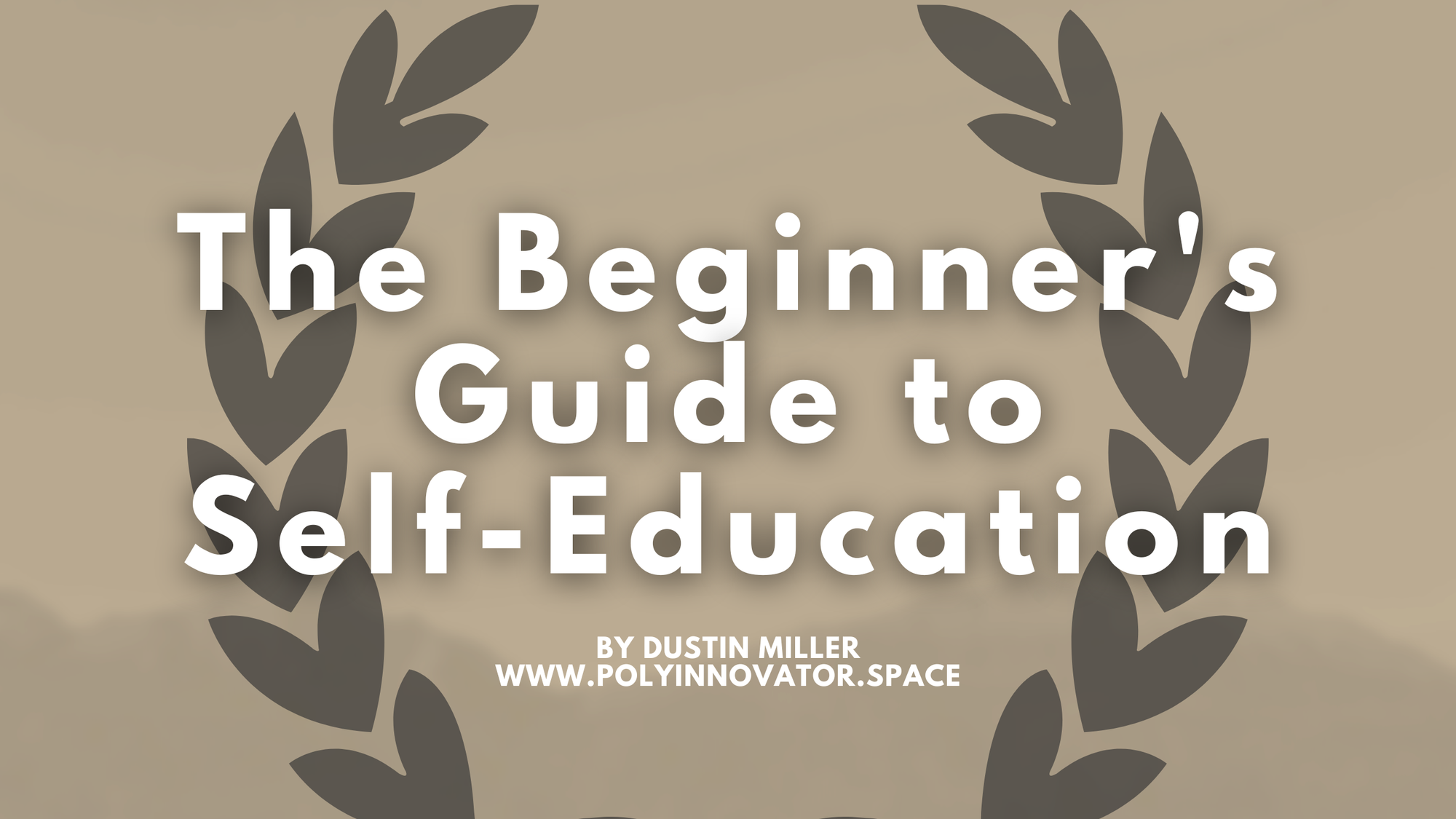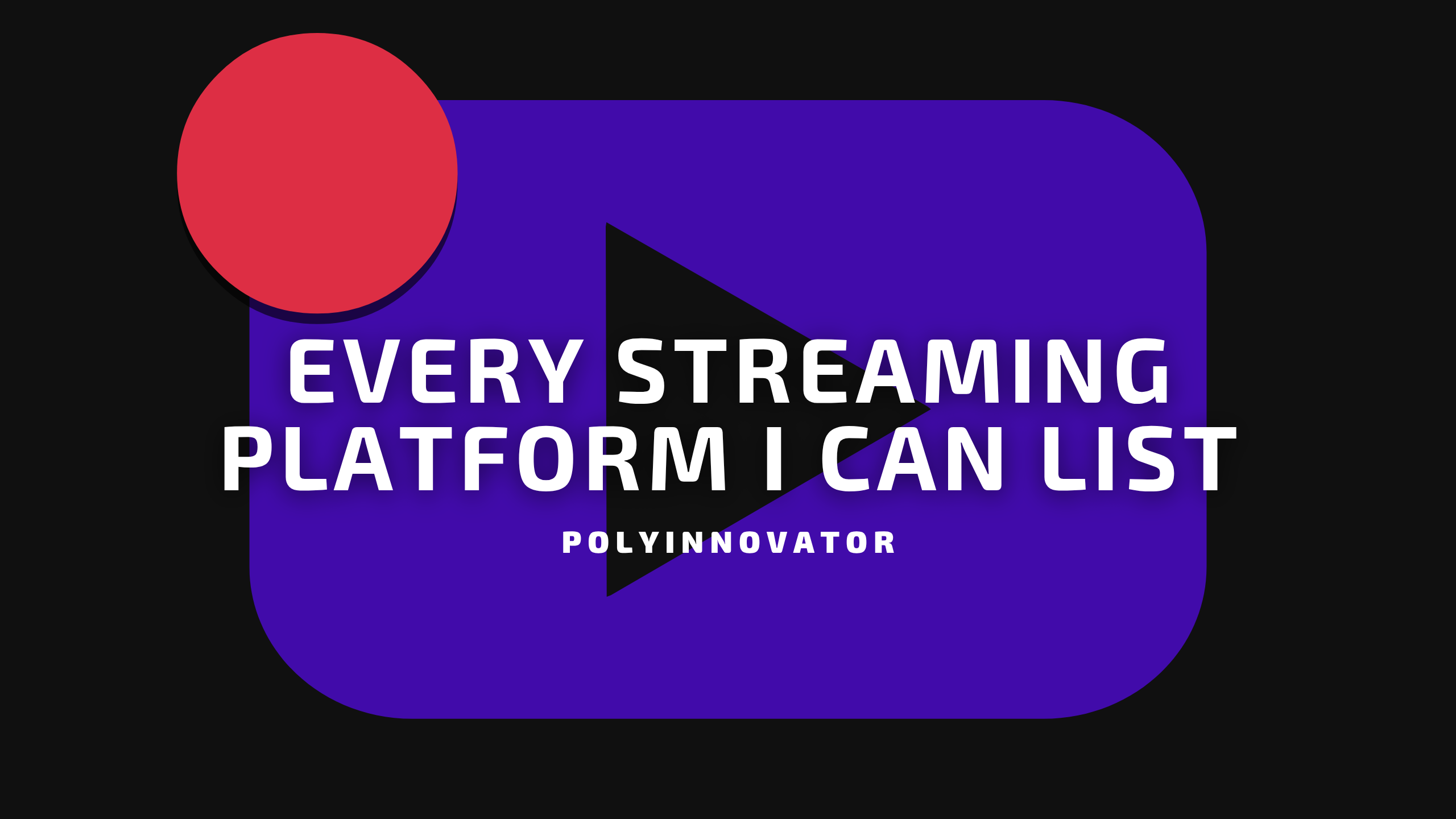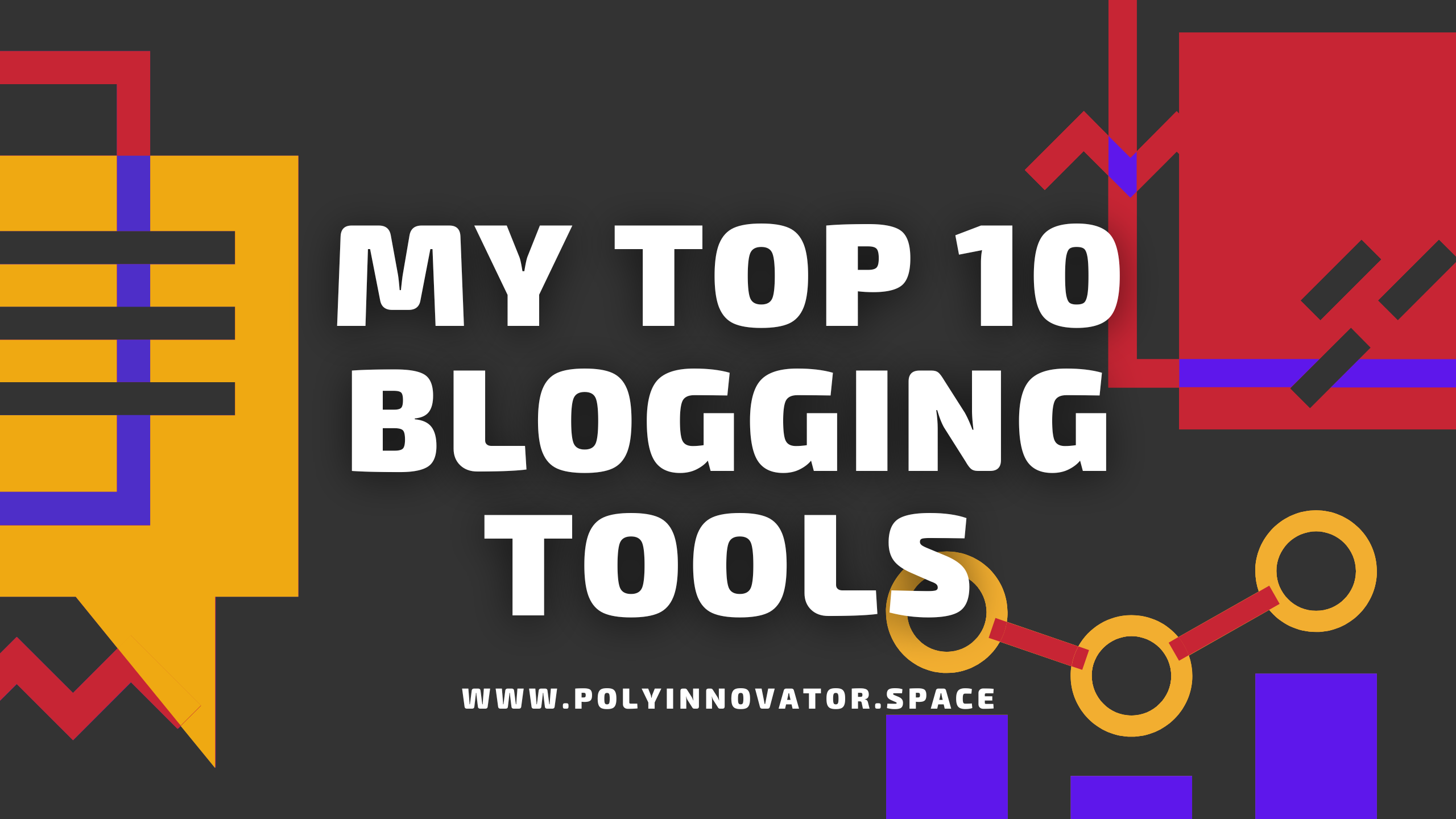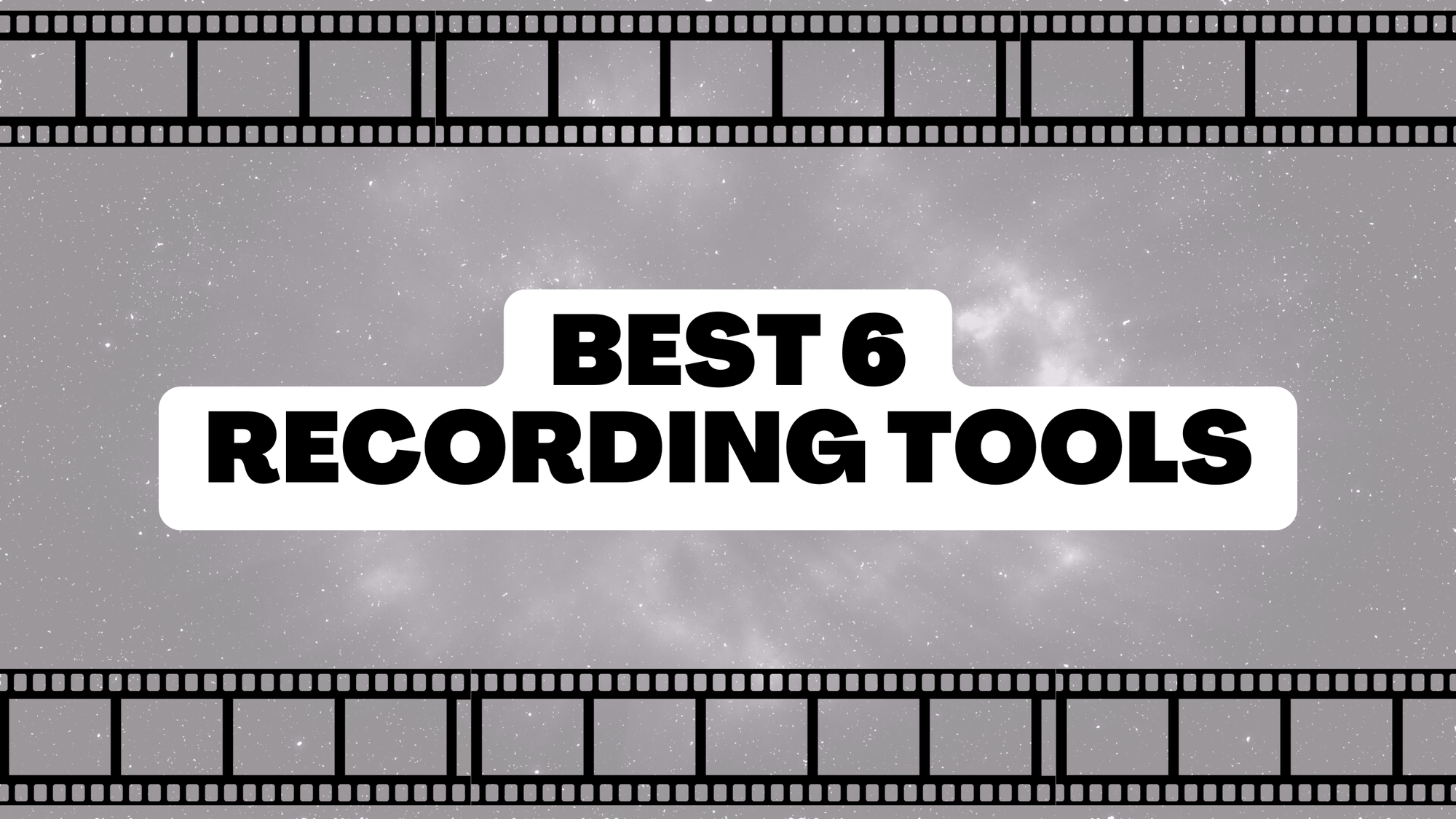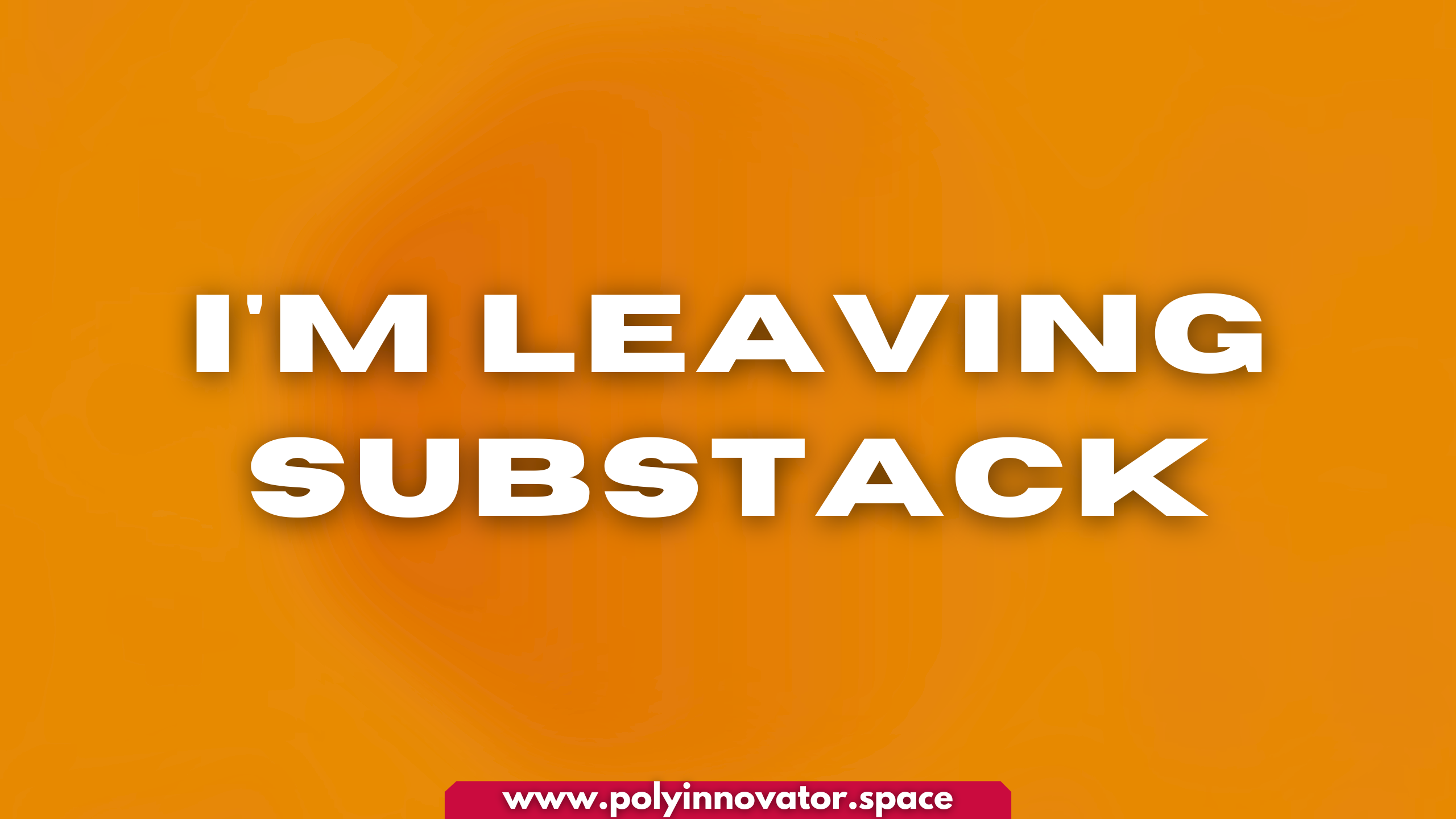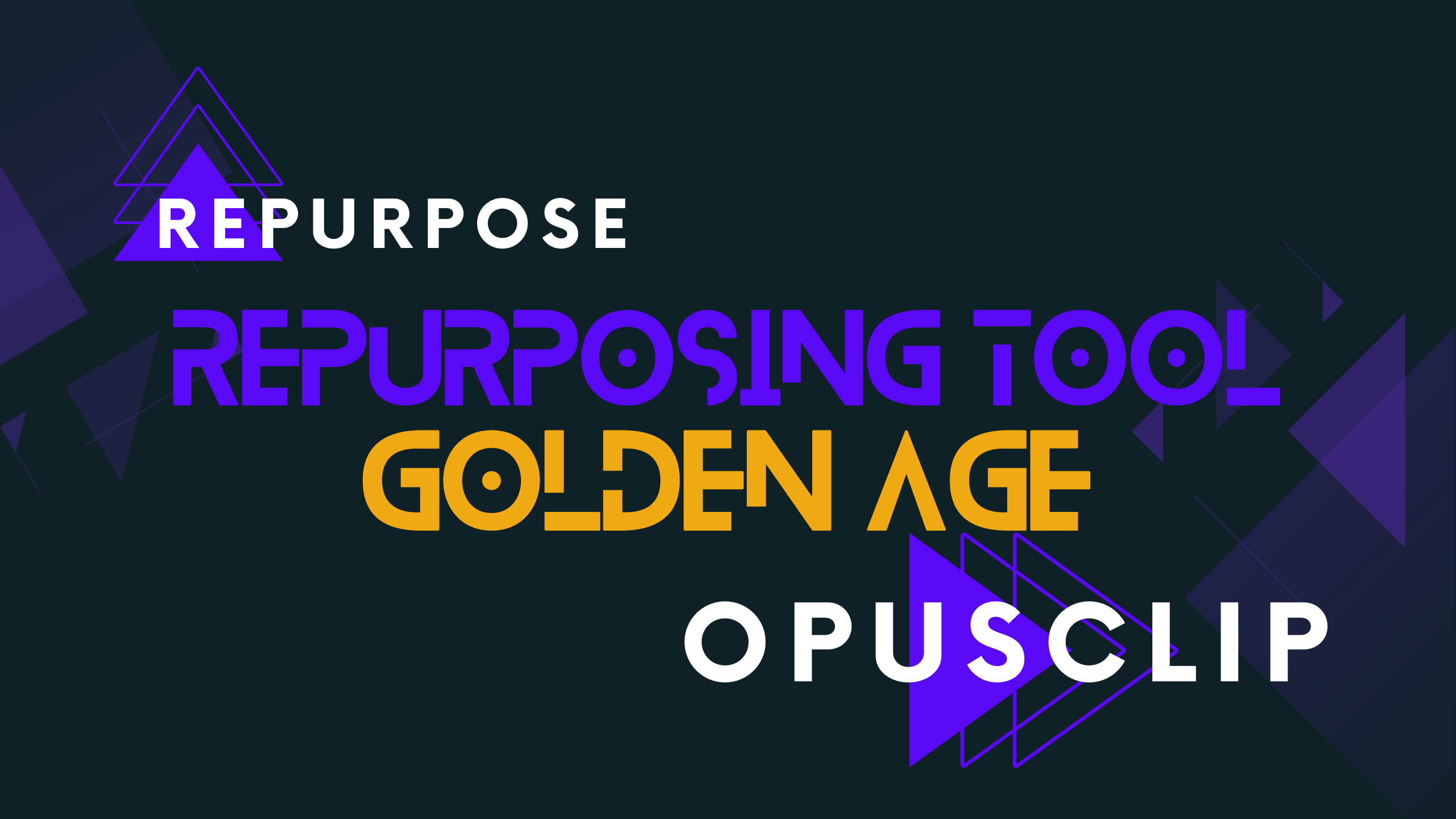Becoming an autodidact is nothing new for anyone. From the moment we are born, we are learning, and we must keep observing.
Every day, min, and second counts when you're a baby or toddler, as we get older it takes longer to learn things. This is because the complexity of subjects grows deeper. However then we have communication, and we can learn from our parents, and later teachers. While school has a place, there is always room for MORE learning.
Understanding Self-Education: An Overview
A major theme of this blog is polymathy, and to be polymathic you are insatiably curious/always learning.
Self-learning isn't just for the multi-specialists, or even hyper-specialists. Rather it is for every person. Each person might have their own approach too to it, but there are some basic overarching lessons I can share with you here to help you get started.
Why Self-Education is Important
However every person can be this way, and turn themselves into the ultimate learner. If you want to get ahead in life, get that promotion, change careers, or even just pick up a new skill. Then you HAVE to learn by yourself.
Even a coach won't help you until you have a semblance of what something is about. Not to say you couldn't use a coach to get started, but it is almost a waste of money. In almost 99% of skills in the world, you can get a majority of knowledge of the subject on your own. With Google and the advent of the internet you have the world at your fingertips.
All you need is to be better than a layperson. Then you can move on from self-learning.
Setting Goals and Objectives for Your Learning
Just like with any habit you don't want to oversell yourself. If you think even studying for 15min a day will be hard, then don't try to go for an hour. Maybe 30 minutes, if only to have you 'fail' at 15min.
Point being is to be realistic with what you can accomplish, and as your skill of learning improves. Then you can increase your input!
Set a goal of 30 days, trickle it out over time, trying to get some time in here and there. Eventually it will add up.
Finding and Utilizing Resources Effectively
I started out using google sheets, but I quickly realized it was hard to organize resources in there. Thus I moved onto Notion and Obsidian, two knowledge management tools that help a lot!
You'll need to organize based on 3 factors:
- Your learning plan, and how long you intend to set aside for this plan.
- The taxonomy, such as semesters, topics, or sprints.
- An order of prioritization. I.e. doing an easy course before the harder course.
This is how you structure your self learning, and in turn your Modular Degree.
Creating a Personalized Learning Plan
You never know what might come up in life. I found that traditional schooling was not meant for me. I couldn't stay within the lines long enough to truly succeed. However once I was let loose I was able to learn 10 times faster.
The point being getting the cookie cutter learning plan given to you. It doesn't help 99% of people. Some people resonate with it, but most people (especially polymathic) need to have their own unique plan.
I think this is the future of learning, even in academia, where through your teachers/professor/tutors they will guide you. Additionally, artificial intelligence will also shape your learning plan as well. Based on what you did well and need improvement.
Tips for Staying Motivated and Tracking Progress
Learning should be fun, but the people who say it is ALWAYS fun are just pure wrong. Yes if you are learning something you are truly interested in, then it will feel like FLOW. Barely even notice time is going by.
However you will almost always get into a situation where you haven't learned a certain topic, and you'll get to a roadblock. Those are not fun, and you have to push through them.
Just keep this in mind, and stay resilient.
![Official Website for Dustin Miller PolyInnovator [LLC]](https://polyinnovator.space/content/images/2025/03/polyinnovator-logo-2024.png)

